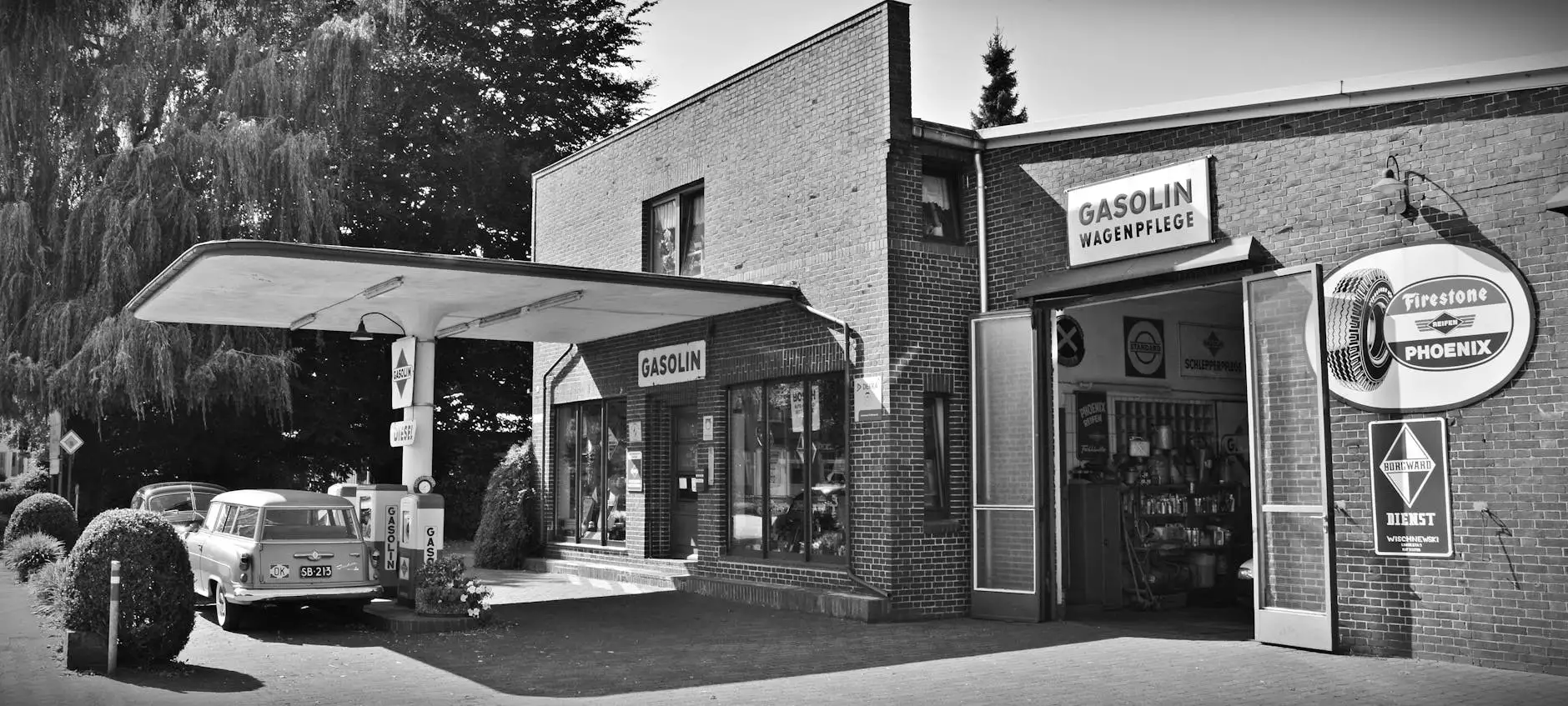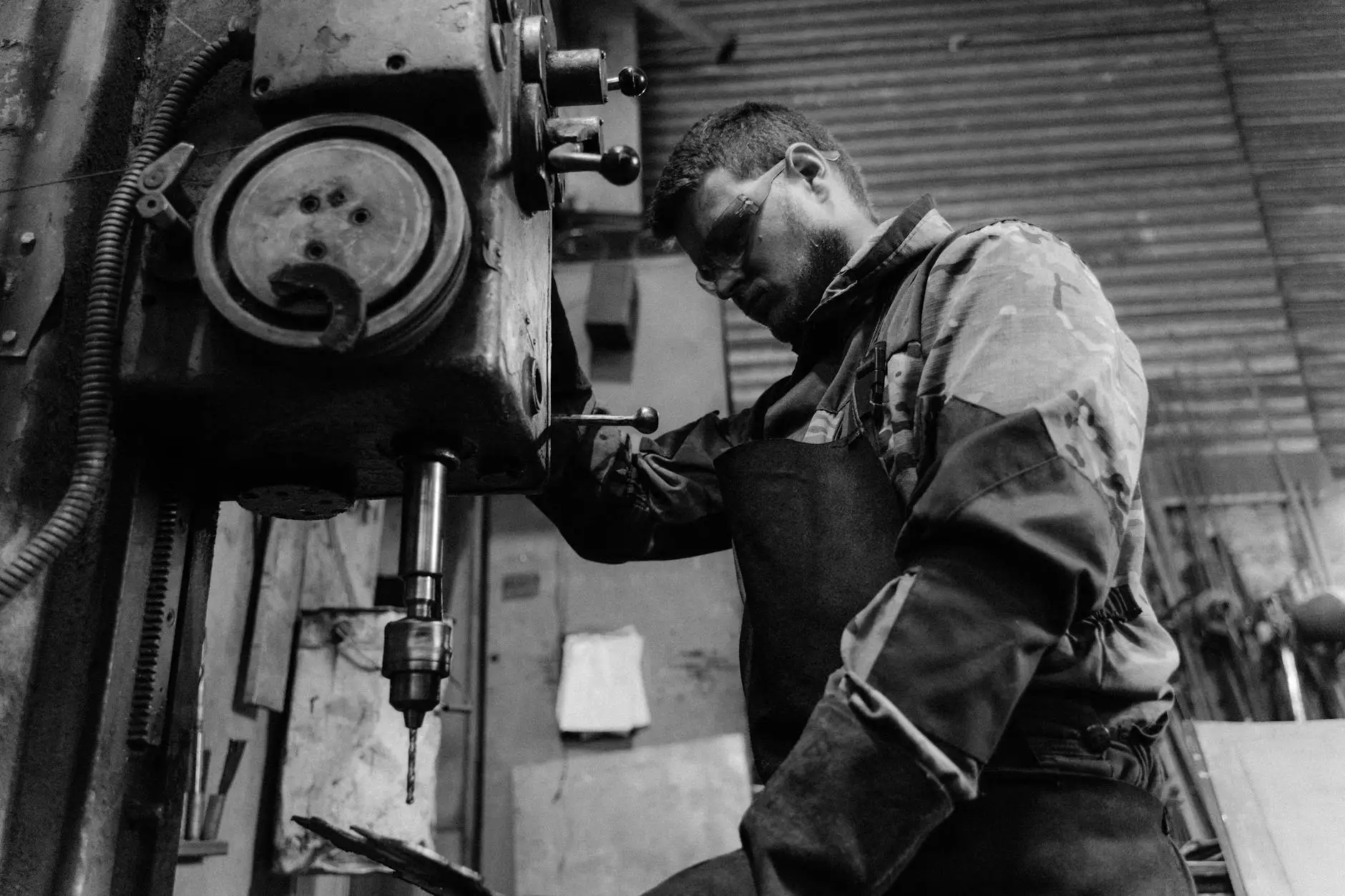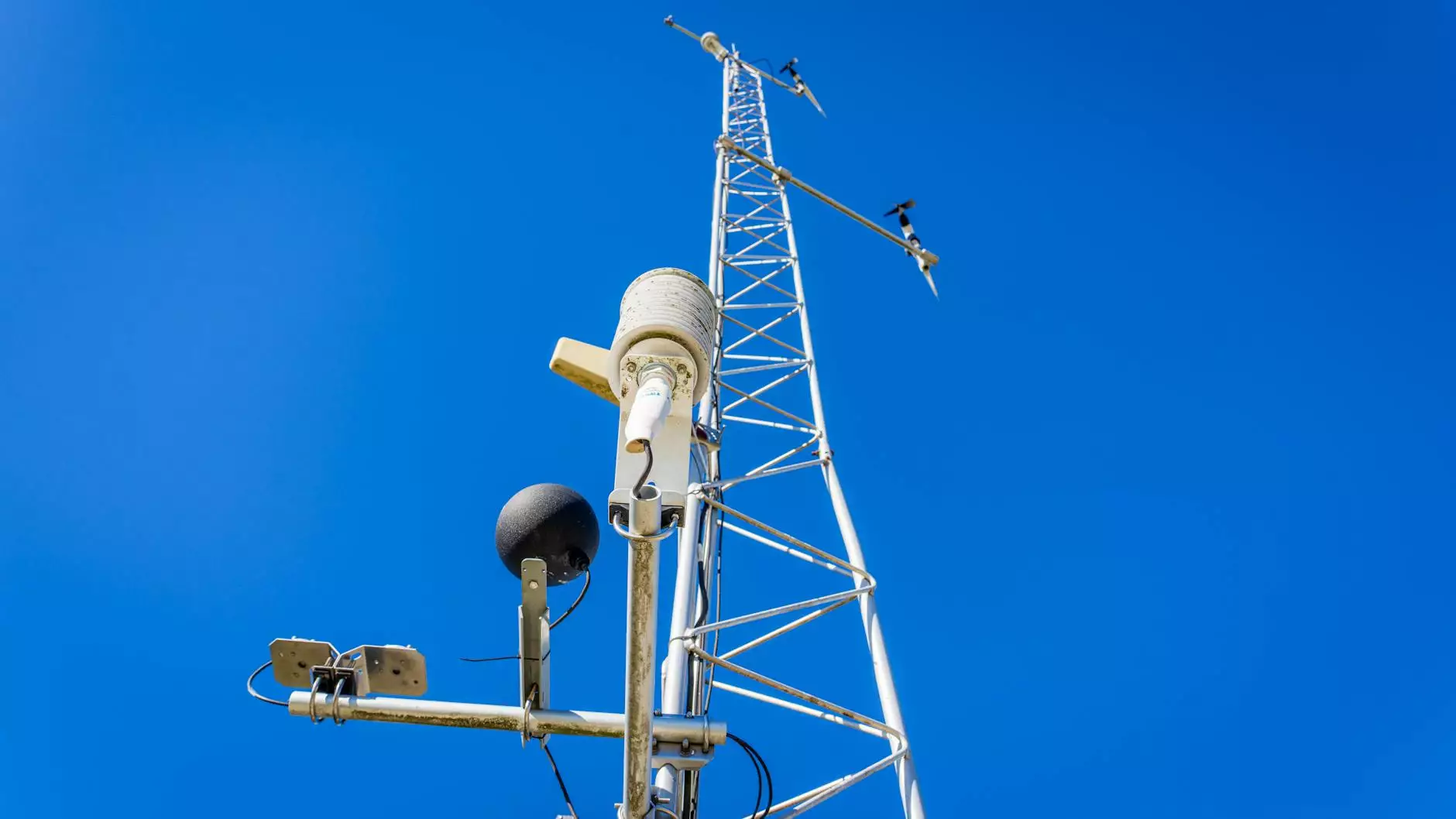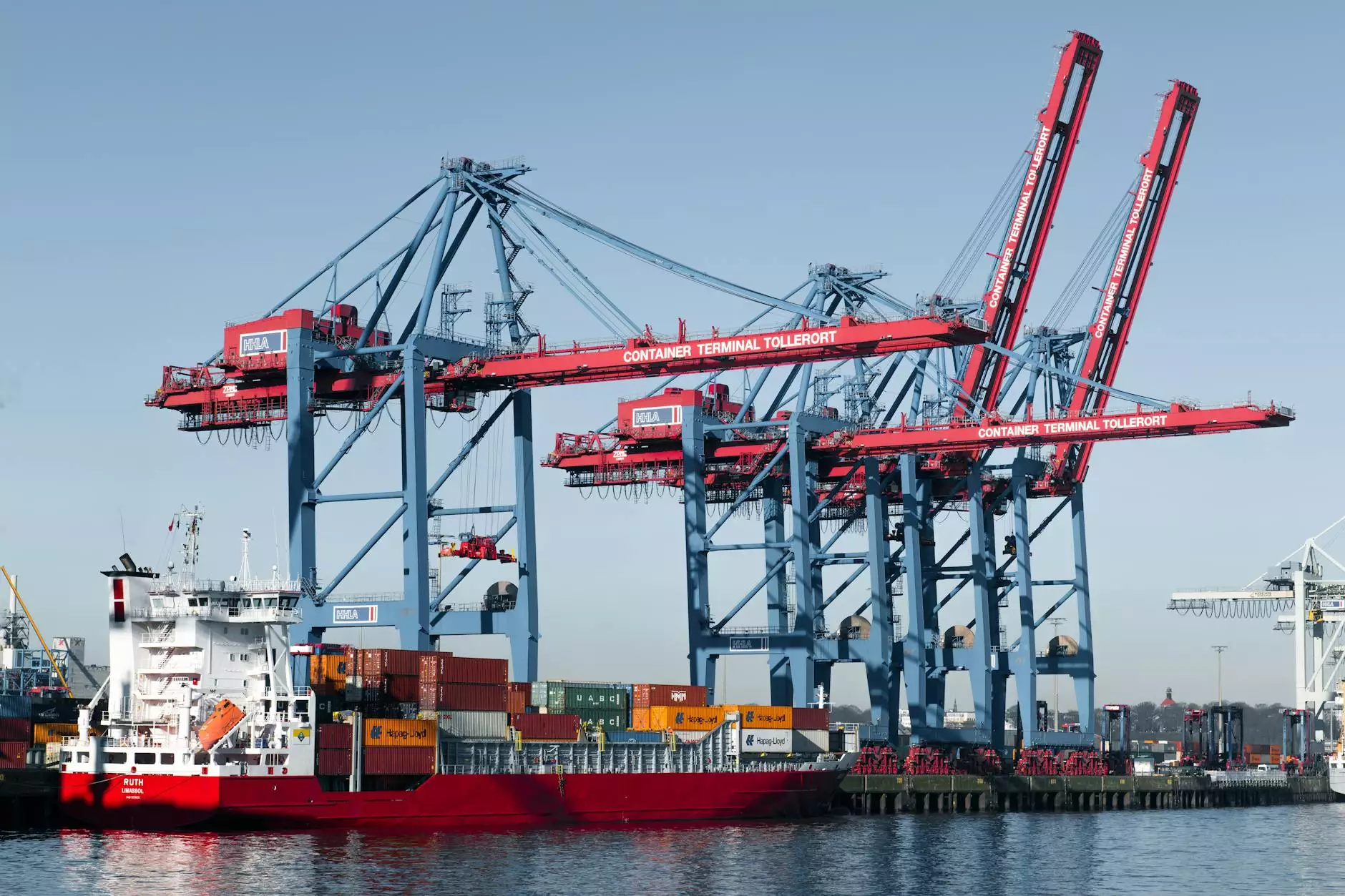The Versatility and Reliability of Diesel Engines

Diesel engines are among the most significant technological innovations of the modern era. Renowned for their efficiency, reliability, and durability, these engines power a myriad of applications, from heavy-duty vehicles to stationary generators. In this article, we will delve deep into the world of diesel engines, exploring their advantages, applications, and innovations, and why they are a critical component of industries globally.
Understanding Diesel Engines: The Basics
What is a Diesel Engine?
A diesel engine is an internal combustion engine that ignites fuel through compression rather than a spark. This fundamental difference in ignition method contributes significantly to its efficiency and performance.
How Diesel Engines Work
The operation of a diesel engine involves several key phases:
- Intake Stroke: Air is drawn into the cylinder as the piston moves down.
- Compression Stroke: The piston moves back up, compressing the air, raising its temperature substantially.
- Power Stroke: Diesel fuel is injected into the highly pressurized air, auto-igniting due to the heat.
- Exhaust Stroke: The piston pushes out the exhaust gases created from combustion.
Key Benefits of Diesel Engines
Diesel engines offer numerous advantages that make them indispensable in various sectors of the economy. Here are some of the most notable benefits:
1. Fuel Efficiency
Diesel engines are more fuel-efficient than their gasoline counterparts, offering higher energy density. This allows diesel engines to achieve better mileage, particularly in heavy-duty vehicles widely used in transportation and logistics.
2. Durability and Longevity
Built to endure rigorous conditions, diesel engines generally have a longer lifespan than other engine types. Their robust design makes them suitable for operations that require heavy-duty performance.
3. Lower CO2 Emissions
While diesel engines emit nitrogen oxides and particulates, they produce less carbon dioxide compared to gasoline engines, contributing to a reduced carbon footprint. This aspect is pivotal for industries focused on sustainability and reducing environmental impact.
4. Versatility of Applications
From powering large trucks and freight ships to operating generators and agricultural equipment, diesel engines are synonymous with versatility, fitting a wide range of industrial and commercial applications.
Applications of Diesel Engines
The applications of diesel engines are vast and varied. Here we highlight some key sectors where diesel engines play a crucial role:
1. Transportation
The transportation industry heavily relies on diesel engines for goods movement. Trucks, buses, and freight locomotives depend on diesel power due to its efficiency in long-distance travel.
2. Power Generation
Diesel generators are essential for providing backup and primary power in various settings, from commercial buildings to remote sites without access to the power grid. Their reliability is unparalleled, making them a preferred choice for critical operations.
3. Agriculture
Farming equipment such as tractors and harvesters commonly utilize diesel engines, which provide the necessary torque and power for heavy agricultural tasks, improving productivity and efficiency on farms.
4. Maritime Applications
In the maritime industry, diesel engines are used in both commercial and recreational vessels. Their ability to provide high power and endurance makes them suitable for long voyages at sea.
Innovations in Diesel Engine Technology
As technology advances, so too does the design and efficiency of diesel engines. Innovations focus on enhancing performance while minimizing environmental impact. Some notable advancements include:
1. Turbocharging
Turbocharging has become a standard feature in modern diesel engines, improving performance by forcing more air into the combustion chamber, leading to more power without increasing engine size.
2. Common Rail Direct Fuel Injection
This technology allows for precise control over the injection of fuel, improving efficiency, and reducing emissions. Common rail systems can adjust the injection timing and volume, optimizing combustion for each engine cycle.
3. Advanced Emission Control Systems
New emission control technologies, including Selective Catalytic Reduction (SCR) and Diesel Particulate Filters (DPF), help significantly reduce harmful emissions, making diesel engines cleaner and more environmentally friendly.
Choosing the Right Diesel Engine: Factors to Consider
When selecting a diesel engine for specific applications, various factors must be taken into account:
1. Application Requirements
Consider the load and power requirements based on your specific application—whether it's transportation, agricultural machinery, or power generation.
2. Fuel Efficiency
Evaluate the engine's fuel consumption ratings. Engines with higher efficiency will save costs over time, especially in applications involving significant fuel usage.
3. Maintenance and Support
Select a manufacturer that provides comprehensive support and easy access to maintenance services. This ensures the longevity and reliability of the engine throughout its life cycle.
4. Regulatory Compliance
Ensure that the engine complies with local and international environmental regulations. This is increasingly important as legislation becomes more stringent regarding emissions.
Conclusion: The Future of Diesel Engines
In conclusion, diesel engines are an integral part of the global economy, powering industries while continually evolving to meet modern challenges. Their unmatched efficiency, durability, and versatility ensure they will remain relevant in the years to come.
At Engine Family, we pride ourselves on being a leading diesel engine manufacturer and diesel generator supplier. Our commitment to innovation and quality ensures that our engines and generators meet the highest standards of performance and reliability.
For more information on our products and services, or to speak with one of our experts about your specific needs in diesel engines and generators, please visit engine-family.com.









